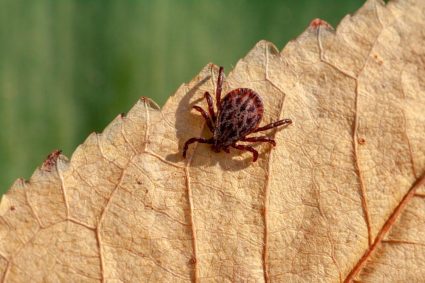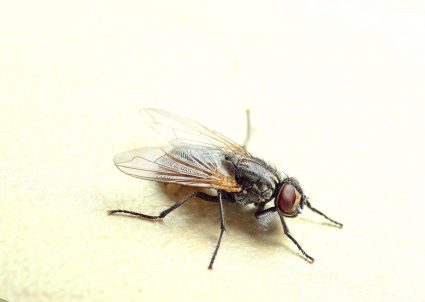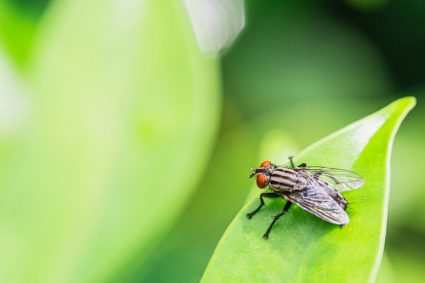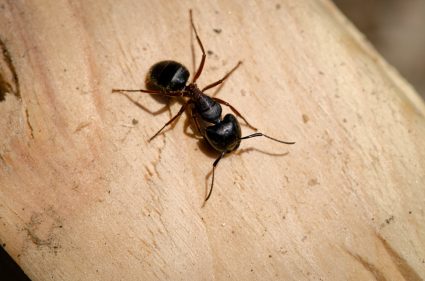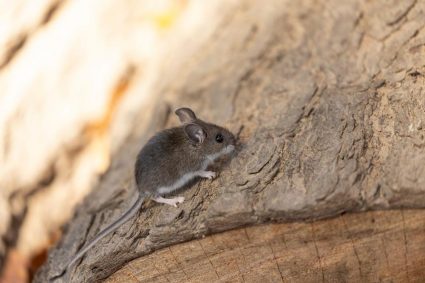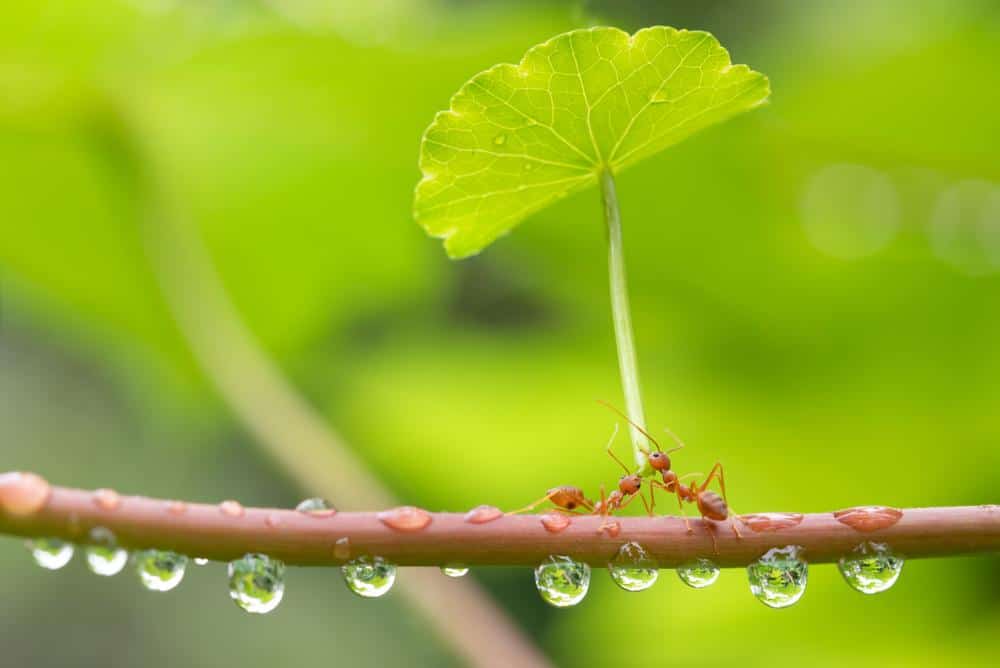
Keeping ants out of your shed can feel like an uphill battle, but it doesn’t have to be. Whether you’re dealing with an existing infestation or looking to prevent one, our comprehensive guide will help you tackle the ant problem head-on.
To keep ants out of your shed, regularly clean and maintain the shed, prevent standing water, seal potential entry points, and use natural repellants. If ants have already infested, consider using non-toxic methods like diatomaceous earth, vinegar solution, or essential oils. For severe cases, professional pest control may be necessary.
Identifying Common Ant Invaders
Before we dive into prevention and removal methods, it’s important to know your enemy. The most common types of ants that infest sheds include odorous house ants, carpenter ants, pavement ants, and Argentine ants. These ants are attracted to sheds for various reasons: food sources, moisture, shelter, and the scent of fertilizers.
Recognizing an Ant Infestation
The first signs of an ant infestation in your shed may include seeing a few ants, trails of sawdust from carpenter ants, hollow sounds in wooden beams, discarded wings, piles of dirt, structural damage, or noises coming from inside the walls or doors. If you notice any of these signs, it’s crucial to take action promptly to prevent further damage.
Preventing Ant Infestations: Best Practices
Prevention is always better than cure. Here are some best practices for cleaning and maintaining your shed to prevent ant infestations:
- Regularly clean the shed.
- Prevent standing water and fix leaks.
- Seal the shed with caulk or weather stripping.
- Maintain the exterior of the shed.
- Treat the shed with a good quality wood preservative.
- Keep the area around the shed clear.
- Use ant repellents.
- Ensure proper ventilation.
- Store items properly.
- Use ant baits if necessary.
Effective, Non-Toxic Methods to Keep Ants at Bay
If ants have already made your shed their home, don’t panic. Several effective, non-toxic methods can help you reclaim your space:
- Diatomaceous earth (DE): Sprinkle food-grade DE around the shed to deter ants.
- Vinegar solution: Mix equal parts water and white vinegar in a spray bottle and spray it around the shed.
- Essential oils: Create a natural repellent with essential oils like peppermint, eucalyptus, or lemon.
- Chalk or talcum powder: Draw a line around the shed on the ground to deter ants.
- Natural repellents: Scatter citrus peels or sprinkle cinnamon around the shed.
Modifying the Environment Around the Shed
Modifying the environment around your shed can make it less attractive to ants. Remove potential food sources, eliminate standing water, seal cracks and gaps, maintain the surrounding area, use natural repellents, draw a chalk line, and store woodpiles away from the shed.
When to Call a Professional
While DIY methods can be effective for minor infestations, severe cases may require professional pest control. Before hiring a professional, consider the severity of the infestation, the type of ants, cost, time and effort, and preventative advice.
Remember, keeping ants out of your shed requires a proactive approach. Regularly clean and maintain your shed, seal any potential entry points, and use natural repellents to keep these pests at bay.
Frequently Asked Questions
What attracts ants to my shed?
Ants are typically attracted to sheds for several reasons. This includes food sources (such as sweet, sugary substances or even other insects), moisture (from leaks or standing water), shelter (especially in wooden structures), and the scent of fertilizers.
How do I identify the type of ants infesting my shed?
Each type of ant has specific characteristics that can help you identify them. For instance, carpenter ants are usually black and relatively large, while odorous house ants are smaller and brown. The latter also emits a rotten smell when crushed. Pavement ants are dark brown to black and are often seen on or under sidewalks. Argentine ants are light to dark brown and form long foraging trails.
Can ants cause damage to my shed?
Yes, certain types of ants, particularly carpenter ants, can cause structural damage to your shed. They chew through wood to create tunnels for their colonies. If left unchecked, this can lead to significant damage over time.
How often should I clean my shed to prevent ant infestations?
There’s no hard rule, but as a preventive measure, it’s good practice to clean your shed thoroughly at least once a month. Regular cleaning helps to eliminate potential food sources and disrupt ant trails.
How does chalk or talcum powder deter ants?
Chalk and talcum powder interfere with the scent trails that ants use to navigate. By drawing a line with these substances, ants are less likely to cross and enter your shed.
Are there any risks associated with using diatomaceous earth (DE)?
While food-grade diatomaceous earth is generally safe, it can cause irritation if inhaled or if it comes into contact with the eyes. Always use a mask and goggles when applying DE, and keep it out of reach of children and pets.

